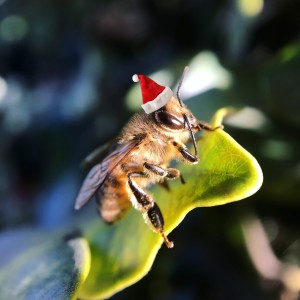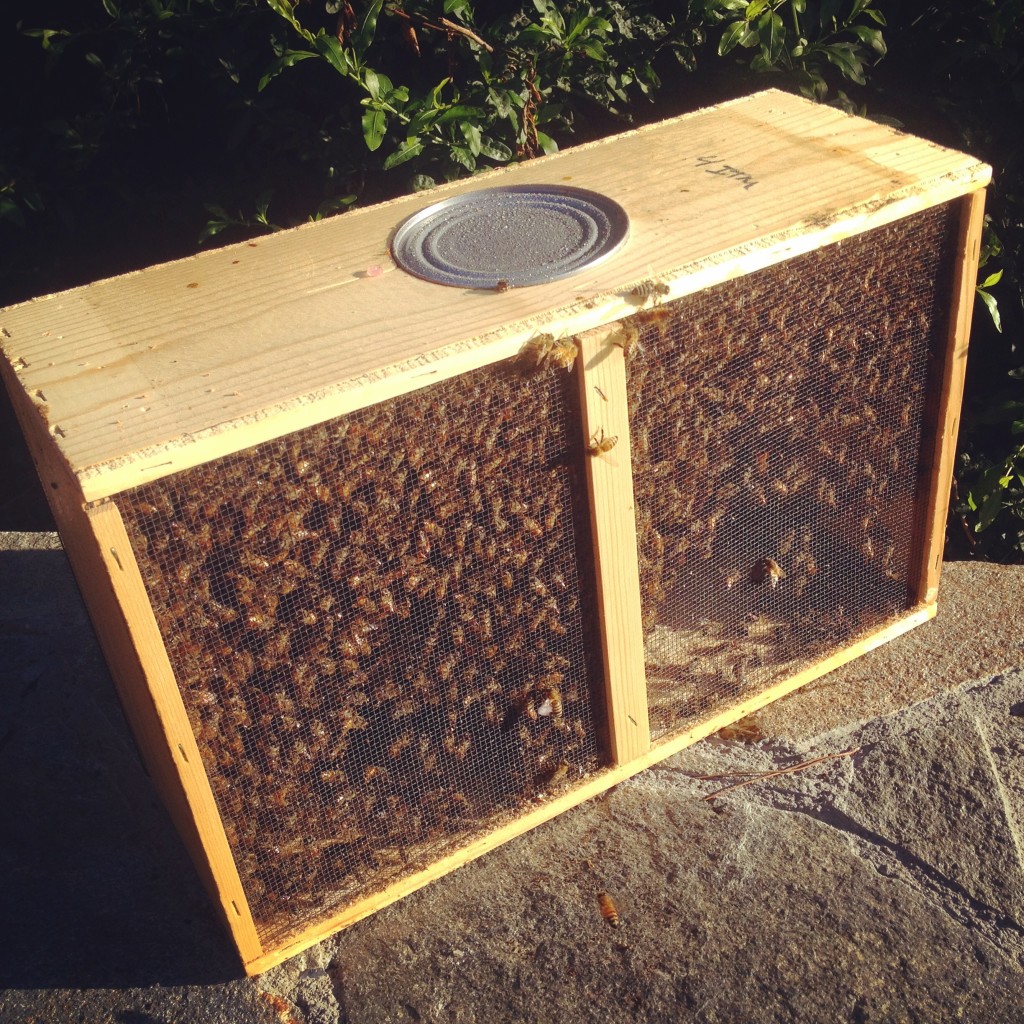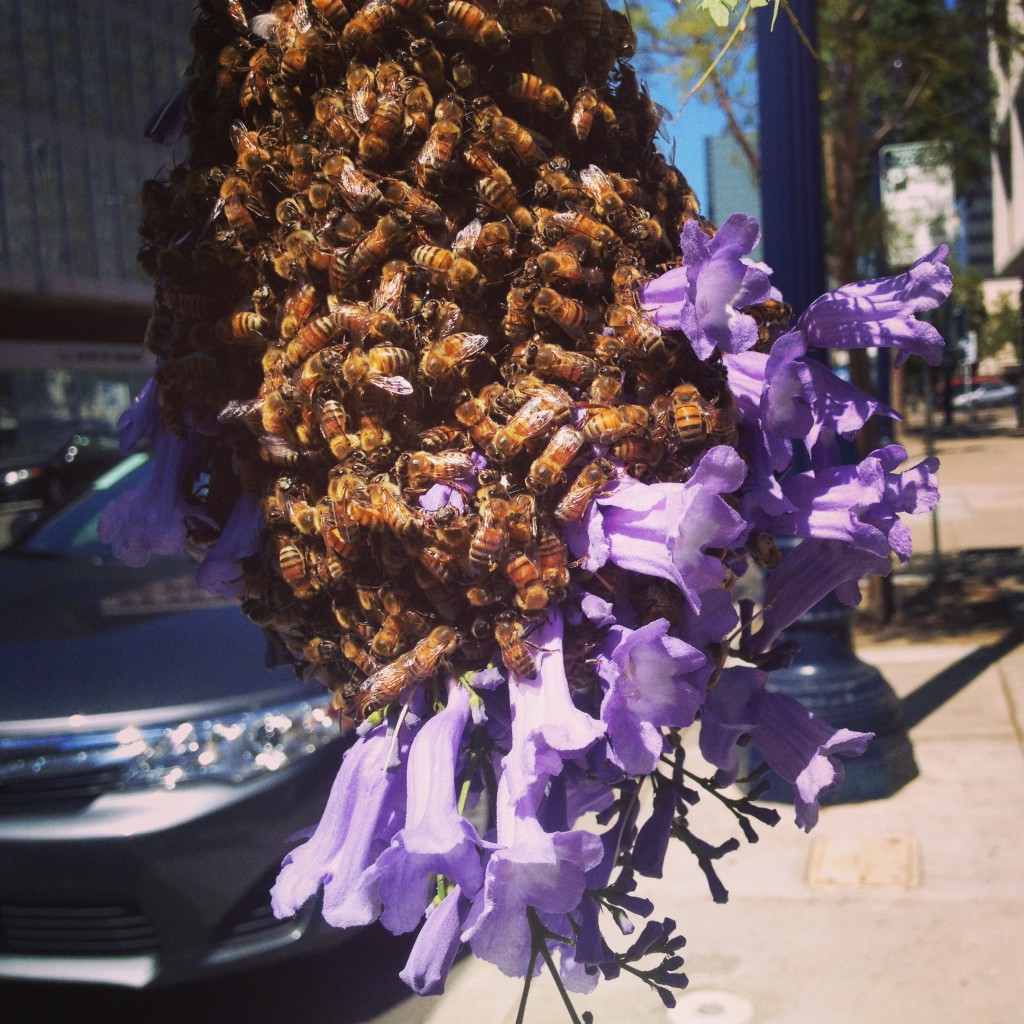
Unwrapping a brand new, wooden beehive is exciting! Most kits come with a few tools and simple veil to round it out which makes you feel like you’ve got everything you need to start keeping bees. A popular Costco kit proclaims on the box, “All you need to add is a package of bees!” Unfortunately, it’s this kind of deceptive marketing that leads most new beekeepers down the path of failure in the first year. So, what do you really need to get started keeping bees and how can you avoid this common fate? Read on for some helpful tips.
Research Regulations
Many cities have their own regulations on beekeeping. Its important to familiarize yourself with them before you delve too far into your beekeeping research. You wouldn’t want to do all the work of preparing for bees only to have to get rid of them when a neighbor reports you. If your city does not allow beekeeping, maybe you can petition to change it or partner with a landowner outside the city for apiary space.
Learn About Bees
Beekeeping is incredibly complicated and demands a lot of research. The best beekeepers make decisions based on what they know about how bees live without the beekeeper. Take the time to learn as much as you can about honey bees before you worry too much about beekeeping techniques. Make sure you develop a good understanding of their hive structure, lifecycle, behavior and pests before running out to buy a package of bees. There are many avenues for learning, choose a combination of the ones that best suit you. Books, blogs and videos are easily accessed for most new beekeepers. If you are lucky you might also find a local beekeeping club or classes offered nearby. If you are in San Diego, California, I teach classes monthly and I am also on the board of The San Diego Beekeeping Society which welcomes new members to our monthly meetings. For those of you not in San Diego, you can still learn from me via my online class (click here) which is 2.5 hours of everything you need to know to get started with bees.

Acquire Bees
New bee colonies are only sold during a short window of time in the spring, but you have to reserve them as early as January or they will sell out. For that reason, it’s important that you start your research now. There are many options for how to acquire bees and you’ll want to make an educated decision about what’s best for you.
Package vs. Nuc – When buying bees, you will have two basic options. A package of bees or a nucleus colony (also called a “nuc” or a “starter colony”). A package is a screened box full of worker bees with a caged queen inside. Packages can do quite well, but they are at a disadvantage because they do not have any comb. They must use a lot of energy to build comb before they can begin to thrive and as a beekeeper you will need to feed them sugar water for at least a month to aid them with this challenge. In contrast, a nuc comes with 3-5 frames of comb. They are like a package that has been nurtured for several week already, meaning they have a head start which gives them a better chance of building up during the spring and surviving their first winter. A nuc may also need to be fed sugar water, depending on your location, but can sometimes do well without it if there is a lot of nectar around. It is also worth saying that you cannot populate your beehive by just ordering a queen bee. Some apiaries only sell queens and do not offer starter colonies. A queen on her own will not attract additonal bees to populate her hive and she cannot survive with the 3-5 bees that come with her in her cage. You will need thousands of bees along with a queen to start your first hive.
Bee Breeds- New beekeeper often fixate on selecting a particular breed of bees. Some breeds claim to be better for certain climates, others claim to do better against a problematic parasite, the Varroa Mite. Although this kind of speculation is fun, it’s more beneficial to select bees by their proximity to you. Local bees will be adapted to your particular climate. Additionally, you should pay close attention to the practices the apiary you buy from uses. Varroa Mite treatment is a controversial subject in beekeeping. If you hope to keep a treatment-free apiary, for example, it is really important that you purchase your bees from an apiary that is successfully treatment-free. You cannot purchase bees from an apiary that regularly treats for mites and expect them to survive without it. Talk to the apiary about the kind of care they give their bees and follow their instructions on how to care for them or if you don’t like their practices find an alternative apiary more in line with the style of beekeeping you’d like to do.

Feral Bees- A third method for acquiring bees is to catch or attract a swarm. There are several advantages and disadvantages to this option. The advantages are that these bees are free, they are locally adapted and they potentially come from genetics stock that has survived winter your area. In my experience, these bees tend to be stronger for these reasons. The drawbacks are that you may not have many feral bees in your area. You could wait all season and never find one. You also can’t know where the bees came from. They may have come from a wild hive or from a neighbors managed hive so, you can’t make any assumptions about what kind of care they might need. If you are in the south, you could be in an Africanized zone and many of the wild swarm in these areas will develop hyper defensive traits as they get established. Check out my articles on how to catch or lure a swarm of bees if you want to learn more.
This short article only touches on the complexity of the decisions you will have to make as a new beekeeper. If your new kit got you excited about getting started, don’t be daunted by how much there is to learn. Take joy in your new adventure. Learning about the fascinating world of honey bees is half the fun!










7 Comments
i did not get beehive kit how much does it cost ?
Very well written article and highly beneficial. Thank you for posting.
Very concise and well modulated article, till this “…many of the wild swarm in these areas will develop hyper defensive traits as they get established.” Please—do NOT disseminate this mythology any more widely than it already is. I live in Los Angeles and have hived 62 feral swarms and structural removal colonies since last February. Our feral population is AHB genetics. NONE of them have proven to be aggressive once grown on. They ARE very naturally Varroa resistant and self supporting, which is why I never hive any other type of bees. In seven years since I became a beek, I have re-homed to a remote beek, only 2 colonies I felt were too hot to keep in the narrow confines of urban LA. All my students are taught structural removal techniques as the starting point for interaction with honey bees, since viewing a natural hive, in situ, is one of the most instructive learning opportunities possible. There are areas of more ferocious stock out there in some Southern states, but it is not accurate to portray feral survivor stock, adapted to the local community, as “…WILL develop hyper defensive traits” if in the Southern states. Researchers, by the way, as far north as Connecticut, are discerning AHB genetic markers in those ferals. Resilient genetics tends to serve the organisms purposes to survive.
Hi Susan, I am in San Diego with 80 feral colonies and I teach hundreds of new beekeepers each year in my area. I 100% agree with you about the value of feral bees, but it is careless not to warn about their potential defensiveness. I said MANY will. Not all. What I often see is a new and clueless beekeeper get in over their head with a colony that you or I might handle just fine. This article is geared towards new beekeepers and it has been my experience that most new beekeepers do not yet have the skill to keep AHB calm during inspections. They get their bees worked up and then the neighbors get stung and that is how urban beekeepers lose their hard fought bee-friendly ordinances. The powers that be in my town are constantly threatening us with this possibility.
HI thanks for writing back! My concern with the wording is this “…you could be in an Africanized zone and many of the wild swarm in these areas will develop hyper defensive traits as they get established. ”
“..many WILL” is not my experience with the bees I help my students obtain or the bees I keep for clients or the bees in my apiaries. You’re quite right that folks without training or mentoring can get “in over their head” That’s the hard lesson I learned with giving away colonies and swarms and never do it now. Students have to pay and sign a contract listing our respective responsibilities and expectations, and I require reading and on site work in my apiaries to demonstrate confidence. I strongly emphasize the diligence to training since most neighbors are NOT beeks and the reputation of all beeks is damaged with nuisance moves. I don’t teach as many students as you mention. I want a stronger connection and find about 8-10 is what I can carry reliably and keep on top of the other work.
Well, it’s interesting that we do the same work and are in neighboring cities yet have different experiences or have the same experiences and interpret them differently. Such is beekeeping.
“6 comments”? I only see four